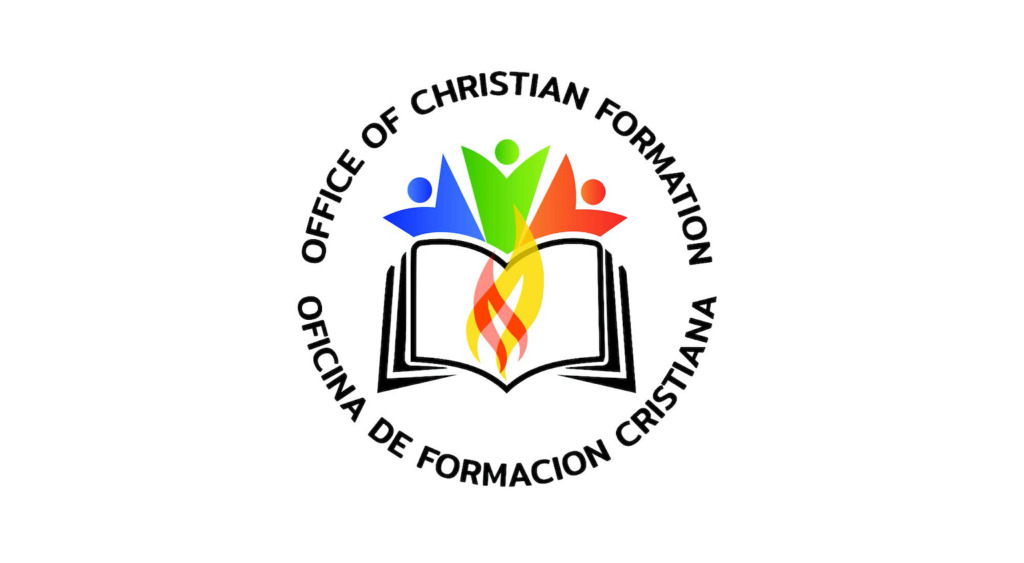‘Appropriate cultural context’ integral part of transition
For nearly a year, the Diocese of Richmond’s Office of Christian Formation (OCF) has been building a house — a metaphorical house.
Building began in September 2020 when Comboni Missionary Sister Inma Cuesta, director of the Office of Ethnic Ministries (OEM), moved to Rome to work in her congregation’s General Administration. During her 11 years of serving the diocese, Sister Inma oversaw formation of catechists, leaders and adults in the Hispanic community.
Bishop Barry C. Knestout appointed Emily Filippi, director of the OCF, acting director of the OEM and determined that all aspects of formation be housed in the Christian Formation Office. (The diocese is in the process of hiring a director for the OEM.)
Filippi used the house metaphor to describe how the OCF is expanding with personnel and responsibilities in faith formation.
To bring all of the formation personnel into one area, the offices of Daniel Villar and Araceli Perez, who had been part of the OEM, were relocated among those of the OCF staff.
“It became apparent to me that moving office spaces up to the second floor (of the Pastoral Center) was not going to integrate us,” Filippi said. “We decided we’d see that as a sleepover. Just one night. You’re joining us. We’ve taken that approach as to how we’re working together.”
Until a director is hired for the OEM, Villar will continue to be involved with migrant ministry, the OEM newsletters and social media, and compiling copy for the Spanish page in The Catholic Virginian.
With the OCF, Villar is an associate director and Perez is an administrative assistant — the same positions they had in the OEM. The other OCF associate directors are Sheri Kemp, Megan Cottam and Bernadette Harris. Nina Henry serves as an administrative assistant.
“We are beginning to enjoy each other and beginning to understand unique patterns in our work,” Filippi explained. “We haven’t really finished the interior of the house; it isn’t completely decorated yet, but we’re well on our way.”
She noted that Villar and Perez “have been a big help.”
“We are expanding our office while maintaining appropriate cultural context. Daniel is very mindful of elevating our recognition of that,” Filippi said. “There is uniqueness there.”
As an example, she noted that members of the Hispanic community “don’t mind having lots of conversation about a particular topic area whereas members of the non-Hispanic community have an agenda, bullet points, cover them and then move on while the others might want to wander back to it.”
“The main point is that it is more than just a language commitment; it as much about preserving and honoring the cultural uniqueness of both groups,” Filippi said. “We’re not going to spend three hours talking about baptism when we can do it in 30 minutes. We’re learning that unique right place to be.”
She noted that OCF is still “painting the walls” of its metaphorical house.
“Our logo expresses what’s new. We have one name expressed in two languages,” she said. “We have one mission statement expressed in two languages.”
As the finishing touches are put on the house, Filippi expressed gratitude for how the transition has progressed.
“It’s wonderful that we have spent the time we have getting to know each other’s stories, listening and praying first before we started digging into how we do this,” she said. “This is an exciting time.”
Editor’s note: Further information about the Office of Christian Formation is available by emailing [email protected].

